Postpartum and Your Care Plan: Part 1
A lot of information is mentioned and considered for Birth Plans. How you want to labor, pushing phase in the bath tub, immediate skin to skin, all the great things- but lets not stop there. Your immediate postpartum period is crucial to your healing - the hours and days following your birth. A plan will help you feel ready and settled. While it might not go 100%, it typically helps relieve some of that stress and unsettled feeling thinking about those unknowns. We are actually going to take a few posts on the blog to dive deeper on this topic. Because knowledge and preparation is power. And healthy anticipation and being ready will keep the anxious thoughts lower and the oxytocin and adrenaline higher!
Let’s get started! “What to Expect in the Immediate Postpartum” is first on our list:
The Postpartum period is defined as the 6-8 weeks following childbirth. While that is just a guide, some need a little longer or a little shorter to find their new normal and feel adjusted to their new roles and environment.
In the immediate postpartum (the first minutes) you will deliver your placenta. This can happen anywhere in the first 30 minutes or a little more, post birth. If there are no overwhelming concerns, baby should remain with you/on you during this time, respecting the “Golden Hour”. First breastfeeding, infant assessments, maternal perineal evaluation and repair if needed - all of this is done typically in the first hour post birth. The Golden Hour is referred to as the immediate first hour post birth (or more!) of uninterrupted time for skin to skin contact, breastfeeding, and bonding. This time is crucial to babies success of breastfeeding, overall health and well being and maternal satisfaction.
If you birth in a hospital, you will be given support from your nursing staff for the entire time you are there for maternal care and baby care. One typically stays in the birth room for the first 2 hours post birth, then if your hospital has a Mother/Baby unit, then you are transferred there for the remainder of your stay. A typical stay in hospital for a vaginal birth is 1-2 nights and for a c-section recovery or complications it is 2-4 nights.
Your nursing staff will monitor your vitals such as temperature, blood pressure, sometimes urine output, and also check your fundus (uterus) size by massaging your uterus from on top of your belly. The goal is for your uterus to be shrinking down and contracting to help control bleeding. If it is soft and “boggy”, they will want to use manual massage or possibly medications to firm the uterus muscle up. At 2 days post birth, your uterus should be about the size that it was at 18 weeks of pregnancy. So the size of the uterus shrinks down drastically in those first several days.
If you are having a home birth or are at a birth center, you will have some monitoring, but the routines are much less and the overall healthy bond is encouraged with minimal interruption and intervention. This may include, but is not limited to, checking level of pain, encouraging a bathroom trip post birth to void urine, nutritious snacks, drinking fluids, a newborn assessment, maternal assessment and repairs of the perineal area if needed. You will be encouraged to follow your body’s cues, watch for signs of increased bleeding or pain, remain in your resting space (bedroom or equivalent) for a week or more; focusing on your healing, baby’s adjustment to the outside world, nutritious meals, extra hydration and SLEEP!!! Your midwifery staff will have their own protocols for visits and follow ups.
Once discharged from your hospital, you will then begin your postpartum recovery time at home. We will continue with that on our next blog!
But before we go- what are some additional helps, suggestions and tips we can share for this time in the hospital? Glad you asked!
Your first shower post birth will most likely feel heavenly. I always encourage my clients to take their own personal toiletries so that they can use their favorite scents and hair products to make them feel well and soothed. There is always a stool or bench in the hospital showers to help you have rest while you take the time you need for this important step. Don’t skip your shower!! If its not brought up to you by your support staff- ASK!!!
Mesh panties are a thing! So much so that the main “Prime” carrier now carries an array of mesh postpartum panties. Your hospital will supply you with a stash. If you are having a home or center birth, feel free to order yours ahead of time to be prepared. Postpartum can be messy and having disposable products can make it that much easier.
Walk and move. Now- I don’t mean walk laps in the halls and use the stairs like usual- but get acclimated to walking yourself to the toilet, tasks such as showering, braiding your hair, walking over to your window, etc. A little movement goes a long way.
Hire a postpartum doula! For example: For my personal clients at Maryland Birth Services, LLC do once-a-week check in’s for clients for the first 4- 6 weeks. Its a 3-4 hour shift that allows time to decompress, chat about the last few days, work on a to-do list if you have one, and maybe even time for a quiet, HOT shower and/or nap!
Check back soon for Your PostPartum and Your Care Plan: Part 2

